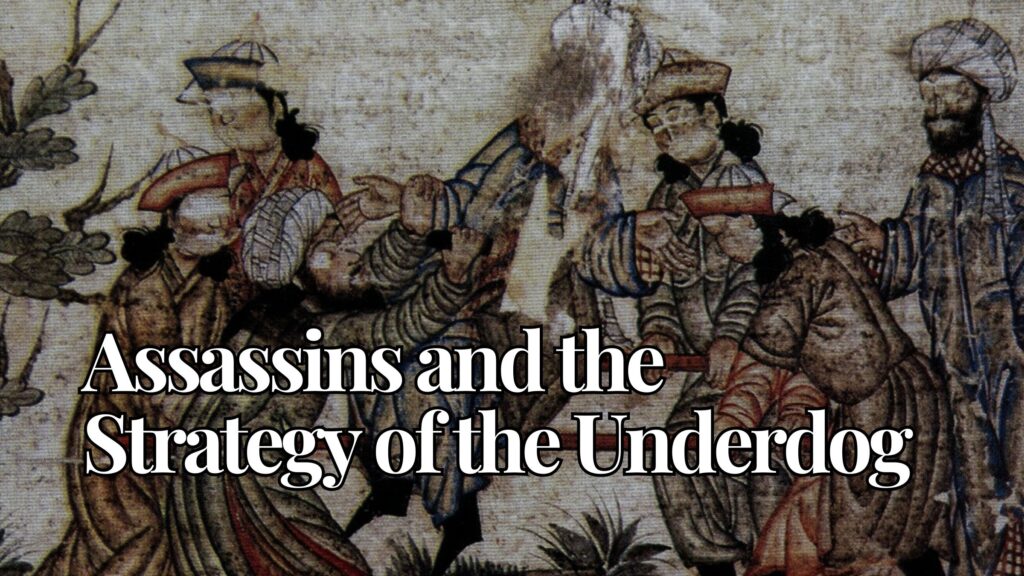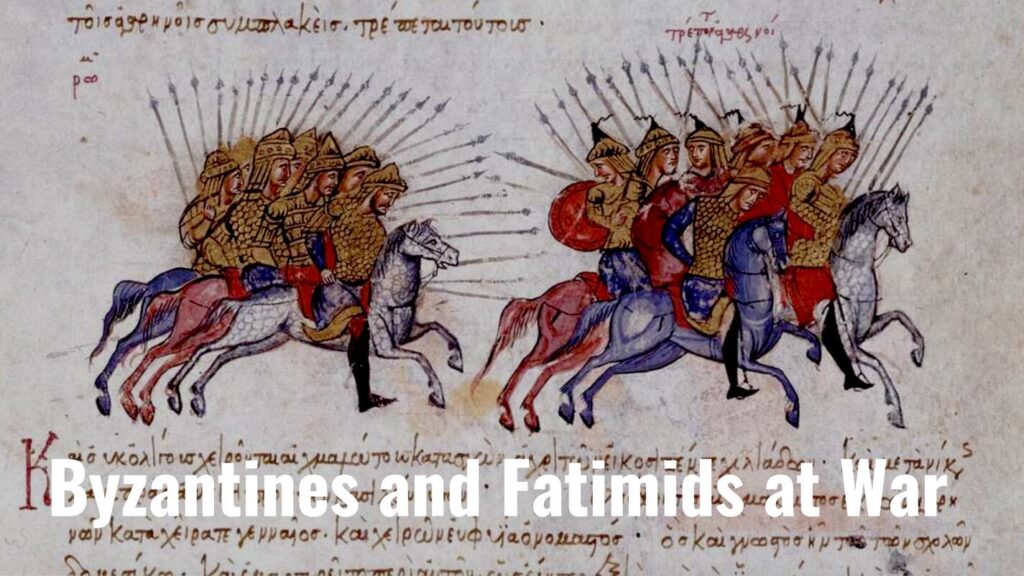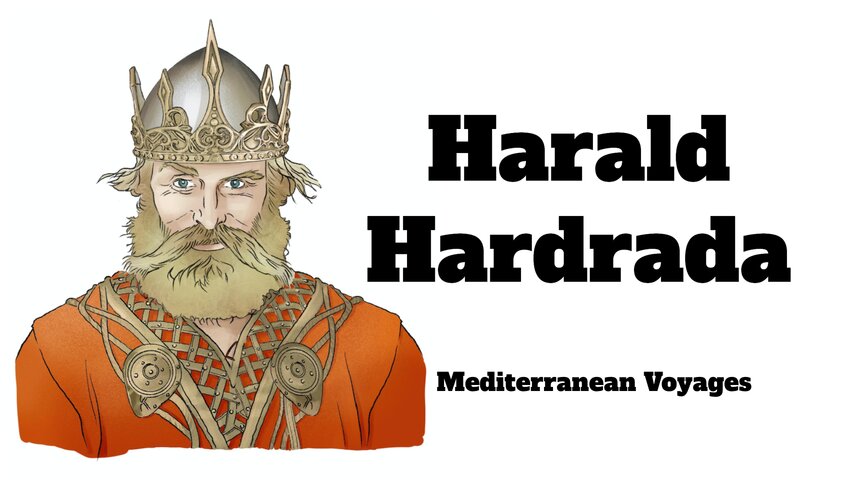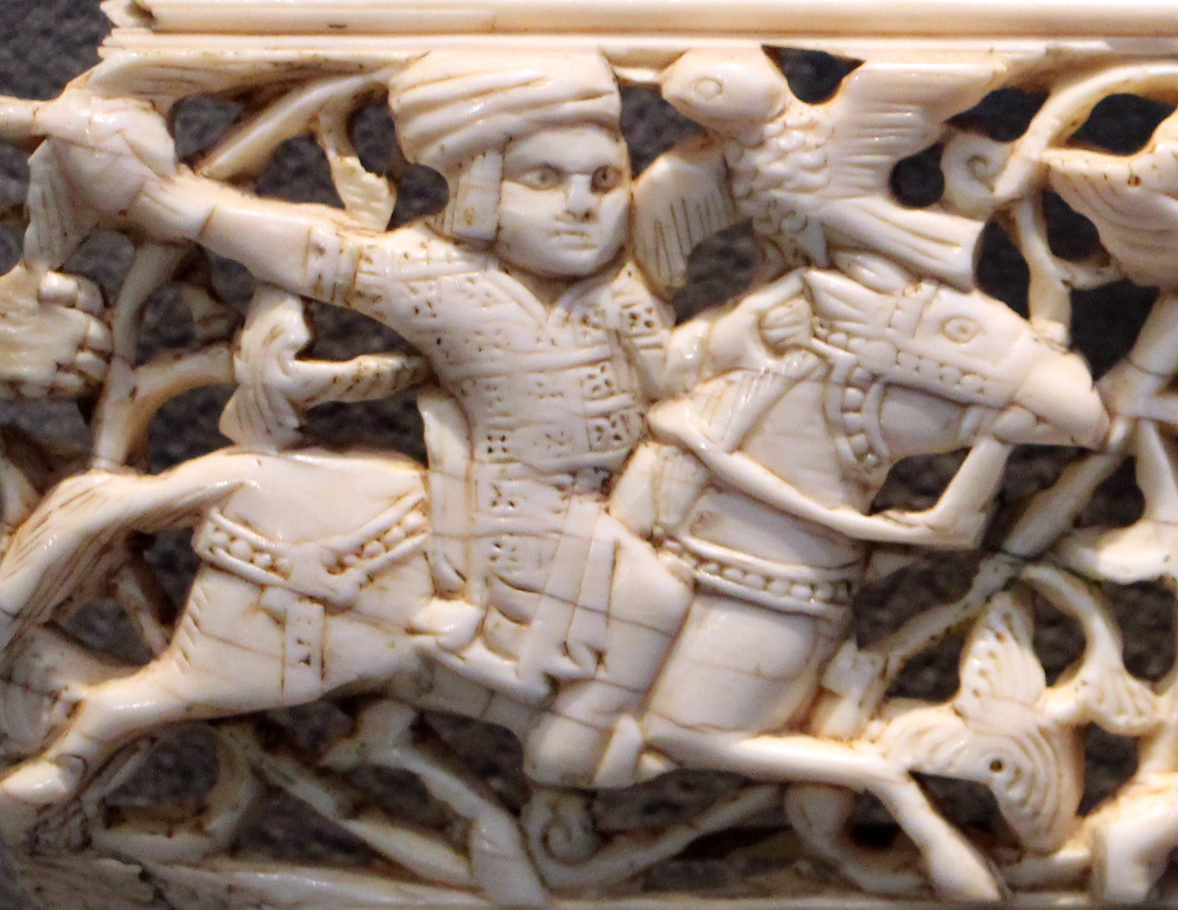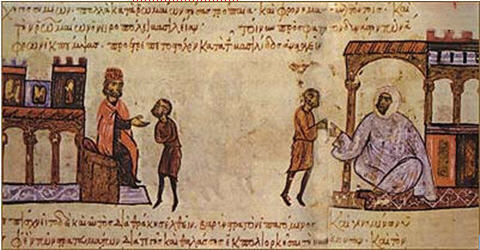Assassins and the Strategy of the Underdog
The Assassins of medieval Persia were a small, unpopular sect, but they developed a strategy that allowed them to punch far above their weight. By seizing castles, cultivating converts, and carrying out targeted killings, they created a network of power that defied even the Seljuk Turks
Why Did the Crusader States Fight So Many Battles (Especially When They Shouldn’t Have)?
Why did the Crusader States engage in so many battles when the odds and outcomes often seemed stacked against them?
Did Christians and Muslims Join Forces in the First Crusade?
The First Crusade is often seen as a clash between Christians and Muslims for control of Jerusalem. Yet, the reality was far more complex, with alliances that crossed religious lines.
New Medieval Books: Shi’ite Rulers, Sunni Rivals, and Christians in Between
This book examines how inter-religious relations worked in the Fatimid Caliphate during the late tenth and early eleventh centuries. It would be a period that saw great swings back and forth when it came to religious tolerance.
Byzantines and Fatimids at War: The Battles of the Orontes (994) and Apamea (998)
Their armies would meet in battle twice, and in both cases the Byzantine commander would make a fateful decision that would lead to his defeat.
Harald Hardrada: Mediterranean Voyages
Harald Hardrada finds himself in the Mediterranean world, but did he go to Jerusalem?
Ilkhanid Chronicles as Sources for History and Doctrines of Fatimid Ismailism
In this paper, I show that these histories, shorn of the narrative frameworks of Persian historical writing and the vitriol directed at the Ismailis, are important witnesses of Fatimid history and doctrine.
Human Trafficking 1000 years ago
Human trafficking was taking place in the Mediterranean a thousand years ago. A recent article takes a look at how and why this business was taking place.
A Game of Thrones … Fatimid Style
When Usama ibn Munqidh came to Cairo in 1144, he was hoping to restart a promising career as a military officer. Instead, he would find himself in the middle of a series of plots, intrigues, betrayals, murders, and street battles that would tear apart the capital of Egypt.
Recycled Fatimid State Documents from the Cairo Geniza
Among the many unexpected finds the Cairo Geniza has yielded are hundreds—possibly thousands—of medieval documents of state in Arabic script, including decrees, rescripts, petitions, tax receipts and fiscal accounts from the Fatimid period.
Fatimid State Documents, Serial Recyclers and the Cairo Geniza
Among the many unexpected finds the Cairo Geniza has yielded are hundreds—possibly thousands—of medieval documents of state in Arabic script.
Al-Maqrizi and the Fatimids
There are other less dramatic examples. Only a small section of the massive history by al-Musabbih ̋| (d. 420/1029)2 has been recovered and it is now in the Escorial. On the title page of that manuscript is the signature of al-Maqr|z|, indicating apparently that he once possessed and/or used it.
Light through the dark ages: The Arabist contribution to Western ophthalmology
Because blindness was a major cause of morbidity in the medieval Arab world, as is the case in the developing world today, Arabist physicians developed much exposure to ophthalmological conditions, and nearly every major medical work written at the time had a chapter on diseases of the eye.
The Fatimid and Kalbite Governors in Sicily : 909-1044
This is the second part of my investigation on the Muslim governors (or rulers) in Sicily.
The Norman Kings of Sicily and the Fatimid Caliphate
The Norman Kings of Sicily and the Fatimid Caliphate By Jeremy Johns Anglo-Norman Studies, Vol.15 (1993) Introduction: The de Hauteville rulers of Sicily…
The Fatimid Navy and the Crusades, 1099-1171
During the ninth century and the first half of the tenth century, for example, Muslim navies were very active in the Mediterranean and, on the whole, they were successful.
The Fatimid Failure against the Crusaders at the End of the First Crusade
The Fatimid Failure against the Crusaders at the End of the First Crusade By Jan Vandeburie Carnival, Vol.12 (2010) Introduction: This paper was…
